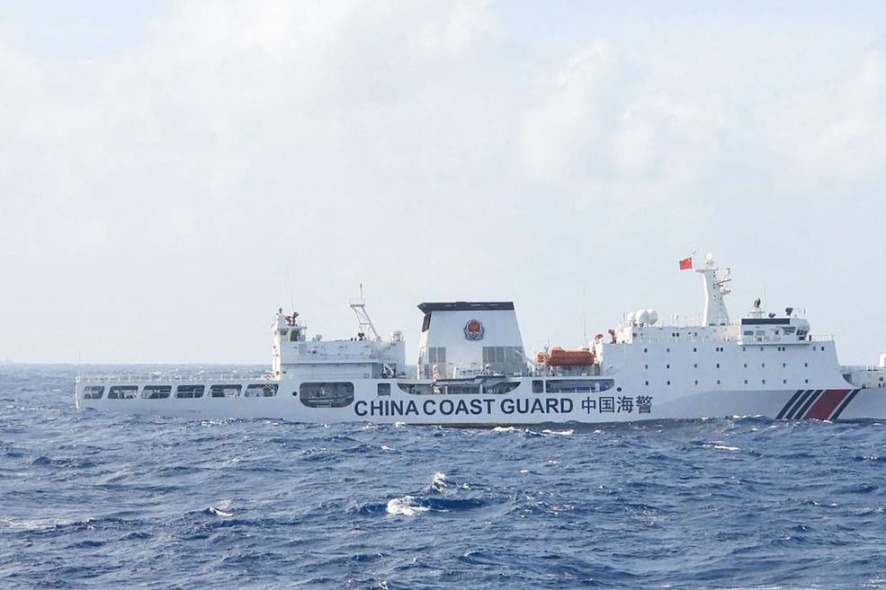Online shift cushions pandemic strains in Liberia

Liberian businesswomen who have put China at the heart of their growth strategy have managed to cushion the blow from COVID-19 trade disruptions with a switch to online trading for sourcing goods.
Their organization, the Liberia-China Business Women Organization, brings together business owners who import goods from China-mainly textiles, shoes, jeans and other types of clothing.
The women encountered great difficulties with the pandemic restrictions that also kept them away from China.
Before the pandemic, they often traveled to Guangzhou in Guangdong province, but the coronavirus restrictions made them turn to online purchases.
Doris Kollie, executive member of the organization, said the members are using online platforms to select the goods for import and to make payments.
"This global health crisis has crippled our businesses, because of the travel restrictions," she said. "We cannot go to China to buy goods. What we have been doing is putting in our orders, but this can take a very long time to come."
While the transition to online ordering has worked for some, Kollie said some business owners have been forced to close their operations because of losses. With the pandemic disruptions, delays in the delivery of goods are commonplace.
"Sometimes, the fabrics we placed an order for are not always the exact one that we selected. When we complain, some of these manufacturers will listen and make the correction," Kollie said.
Sandra Onumah, of the Sandra Business Center, said she had been traveling to China until January 2020. She has since had to contend with a slowing business and, like other female business owners, has been frustrated by delays in deliveries.
Kollie said members of the organization are eagerly anticipating a recovery in international trade and the removal of all international travel restrictions.
China is a major source of imports for Liberia. In 2020, bilateral trade amounted to $3.5 billion, a drop of 13 percent from the previous year, China's Ministry of Commerce said.
Robust trade
Overall, the China-Africa trade remained robust during the pandemic. Last year, bilateral trade exceeded $250 billion, an increase of 35 percent over the previous year, according to China's General Administration of Customs.
In Liberia, the government has begun a study of the country's dominant informal economic sector. It is being helped in this task by the United Nations Development Programme.
The informal sector provides most of the jobs in the West African country and incomes for about 80 percent of Liberians.
The survey will enable the government to better understand the impact of COVID-19 on the informal sector, and to use the data to implement targeted measures to help traders, said Samuel D. Tweah, the minister of finance and development planning.
Kollie called on the government to also help businesses outside the informal sector because they are also being hit hard. "Since the government is about to help informal businesses, we're also appealing to them to help us as well," she said.
The writer is a freelance journalist for China Daily.

































